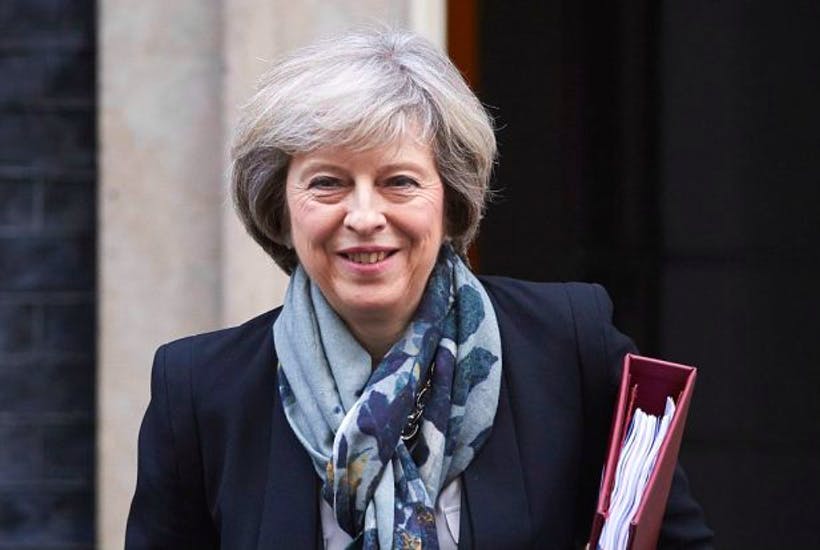Whatever happens in the forthcoming general election, no day of social media can ever compete with the dizzying heights of May 2015. I think I laughed more on the day of the result than I had in the previous decade; sure, it was the twisted and cruel laughter of someone whose dreams are slowly fading, but aren’t those the most genuine and heartfelt? This time it won’t be quite as funny because everyone expects Labour to be slaughtered, aside from one or two Comical Ali-like figures who continue to maintain steadfast confidence despite all evidence to the contrary.
Political predictions are very hard – the quality is poor because journalism tends to attract people prone to biases and lacking the openness required for forecasting – but I think I can safely bet that Jeremy Corbyn will not win the general election. The Tories will probably win with a majority of well over 100. The Lib Dems will claw back some seats but probably not that many, certainly nothing like their 2010 total. Some people hope large numbers will turn out for the party as the Remain option but I’m not sure how many Remainers (or Leavers for that matter) care that much about the issue as your standard Twitter user does. (I’ve been offline for the last 10 days in the wilds of Scotland and it does come as a bit of a shock to come back and realise how demented many social media political users are. If it’s making you so unhappy, maybe you should try giving it up?)
Ukip will probably win no seats and see a slight decline in their vote share, although in the long-term the party will not die, as many predict; in all western European countries with significant non-white and especially Muslim minorities there is an anti-multiculturalism party with a basement support in double figures; England is no different. Their current problem is mainly due to a lack of personnel and organisation, which won’t necessarily last forever.
As for Labour, the question is whether they can even move back into the centre after the coming annihilation. And, if not, will Labour moderates therefore finally complete the re-alignment to join the Lib Dems in forming a centrist group? The main obstacle is that such a socially liberal party, representing what David Goodhart calls the ‘Anywheres’, would probably appeal to no more than a quarter of the population. And even a minority of Anywheres would probably vote Tory for economic reasons.
An interesting theory is that a big victory will make a softer Brexit more likely, since May will no longer have to appease her more eurosceptic backbenchers. And so by 2022, in theory, the most turbulent period of Brexit will have passed, and Labour, or the new centrist ‘Democrat’ Party or whoever is in opposition, are hardly likely to stand on a platform of a European remarriage following the complex divorce. In the meantime another good result for the SNP, which seems likely, will surely give Nicola Sturgeon a mandate for a second referendum. And then there’s Northern Ireland. It’s all becoming like the fifth series of a TV show in which everything has become too complicated to follow and you sort of hope the whole thing ends.








Comments